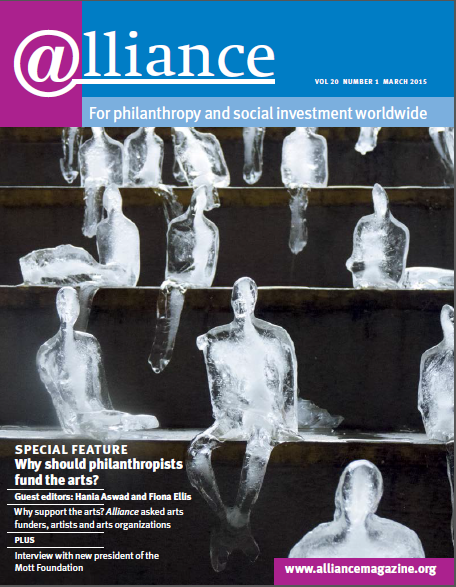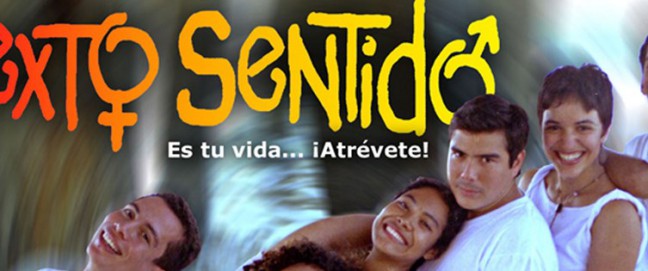Founded in 2008 by the Irish Council for Civil Liberties (ICCL), Ireland’s independent human rights watchdog, the ICCL Human Rights Film Awards have established themselves as a major focal point for human rights filmmaking both in Ireland and internationally.
The project aims to inform new audiences about human rights issues through the powerful medium of film – and ultimately to inspire people to want to make a difference in the world around them. The arts – and in particular film, with its immediate visual impact – can be an effective means for human rights education and awareness-raising. It also provides a unique platform for socially minded filmmakers to show their work. As a core funder of ICCL, Atlantic Philanthropies has supported this project since its inception.
The awards have fulfilled ICCL’s major aims, giving voice and profile to key human rights issues and creating a platform for socially minded filmmakers. There were also some unexpected and very welcome results, including the warm and heartening response of filmmakers and the film industry, both in Ireland and globally. When the competition was launched, ICCL wasn’t sure how it would be received, but they have been simply overwhelmed by the support they have received – from award-winning jury members, including Jeremy Irons, Kirsten Sheridan and Rebecca Miller, to filmmakers from Mexico, Spain, Germany and Guatemala, to name a few of the countries from which entries have come. For us, this has demonstrated that the awards really have met a need for filmmakers to have their voices heard and for important stories to be shared.
You can watch an extract from Machine Man, winner of the 2012 Human Rights Film Awards, here. This film by Roser Corella and Alfonso Moral explores the role of manual human labour in a globalized 21st century.
Our hope is that, as a result of viewing the films, people will have a better idea of what human rights are and why it is so important to protect them. From the thousands of people who have attended screenings, and who have seen, shared and engaged with the films, both through screenings and through online channels, it is clear that the awards are doing what we hoped. ICCL also worked with the Irish Department of Curriculum Development to launch a series of lesson plans based on the films for use in secondary school classrooms throughout the country, which further enhanced the educational outcomes of the project.
It is our experience, in Ireland and elsewhere, such as in South Africa through support for the Out In Africa Lesbian and Gay Film Festival, that working with the arts, and in particular with film, is an effective way of advancing advocacy and education objectives. It allows you to reach a much wider audience, thereby potentially building broader support for what are often unpopular and misunderstood issues.
For more information
http://www.iccl.ie
http://www.humanrightsfilmawards.org
Lead image: Still from Machine Man, by Roser Corella and Alfonso Moral, which explores the role of manual human labour in a globalized 21st century; winner of the 2012 Human Rights Film Awards.



Comments (0)